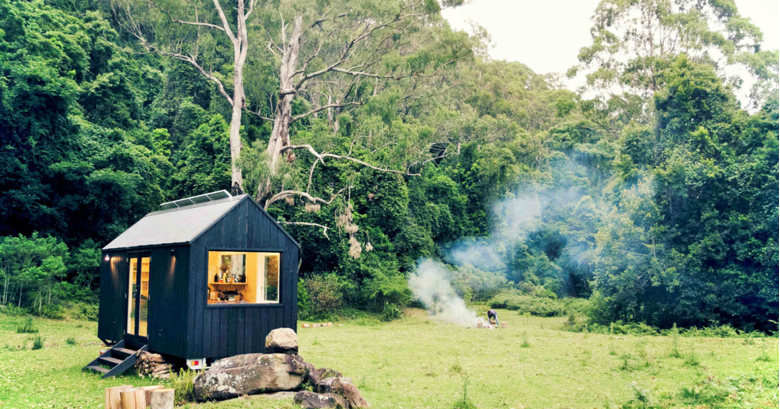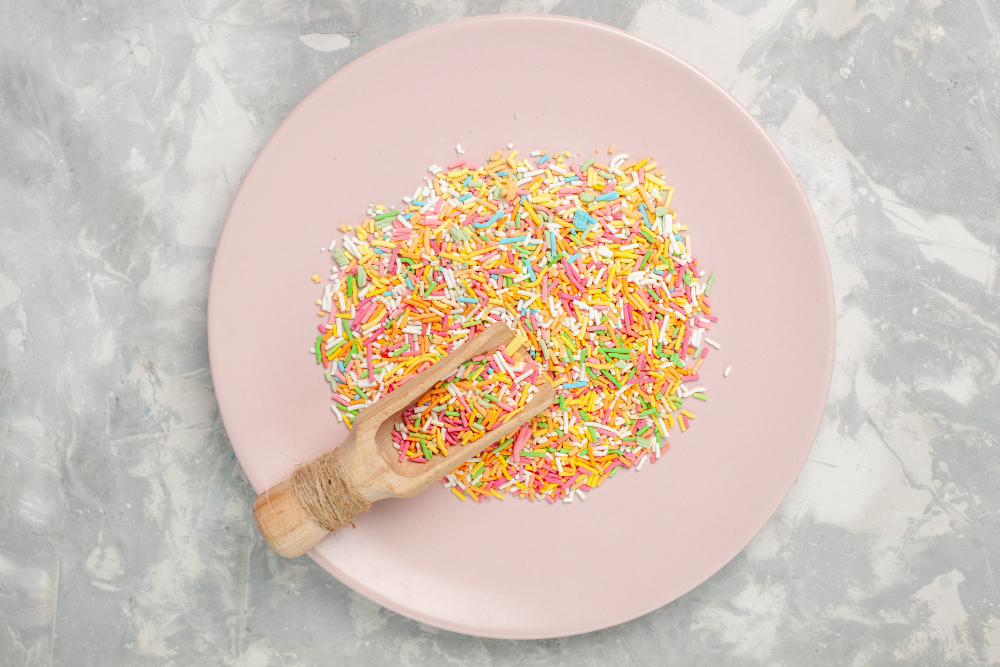Purchasing and moving into your first home is a huge deal which many of us look forward to. That is when you can finally say you’re financially independent. But homeownership means a lot of responsibility, and while buying a house is the first step, that’s only the tip of the iceberg.
While rent is a much cheaper option when it comes to having your own place, you might consider purchasing a house as a more beneficial investment in the long run. However, if you don’t want to go bankrupt after buying your first house – which, let’s face it, is not so much fiction with real estate prices and housing costs being currently despicably high – starting small might be the way to go. And when it comes to small living on a budget, tiny houses are a great choice, since they may be even ten times cheaper than a traditional house.
However, since the purchase is only the beginning, here are a few things to keep in mind when it comes to the financial side of buying your own house:
- Don’t be fooled by listing prices
When seeking eco tiny homes for sale, take some time to consider post-purchase costs before you jump head first in a purchase just because the price listed is small. Planning ahead will save you a lot of stress and unnecessary costs along the way.
Think about living costs, utility bills, insurance and try to make a list of all the things you’ll have to pay for after getting the house itself.
Don’t just buy a house because it is cheap. Keep an eye out for anything that can strain your bank account later, such as things that need fixing. Don’t get me wrong, there’s nothing wrong with having to do some touching up after the purchase, just make sure that it won’t cost you more than buying a house in better condition in the first place.
- Consider all your needs
Always think long term before you buy. Will you manage to fit everything you need in the tiny house? Will you have issues with commuting to work or going shopping? Will you be expanding your family in the foreseeable future? Weigh all of these aspects before making any kind of property purchase.
- Make tiny living your new lifestyle
There are so many ways you can save money with tiny sustainable homes. For starters, you’ll need less furniture and appliances in a tiny home. Then, living costs will be reduced if you opt for eco-friendly, sustainable solutions such as growing your own food or installing solar panels. Tiny houses mean tiny maintenance costs, too.
Living in a tiny house you can learn to get on with less, to be more aware, to reduce waste and to consider your purchases. This small and conscious lifestyle can then be great even if, for some reason, you choose to move into a bigger house. Saving space and money comes in handy no matter where you live.
- Think about your tiny house’s resale value
There might come a time when you move out and decide to sell your tiny house. In order for this not to bring problems your way, you should consider the purchase and the resale value of your house, too. In order to be able to make a profit when selling it, it is inevitable to invest in maintenance and to make sure that everything is in place in your house. The good thing in living in a tiny home, though, is that even renovation can be cheaper than for traditional houses.
While there is great joy and freedom in living in a tiny house, and it gives you a feeling of financial independence, make sure never to lose sight of your financial situation in order to be able to live your tiny life to the fullest.




